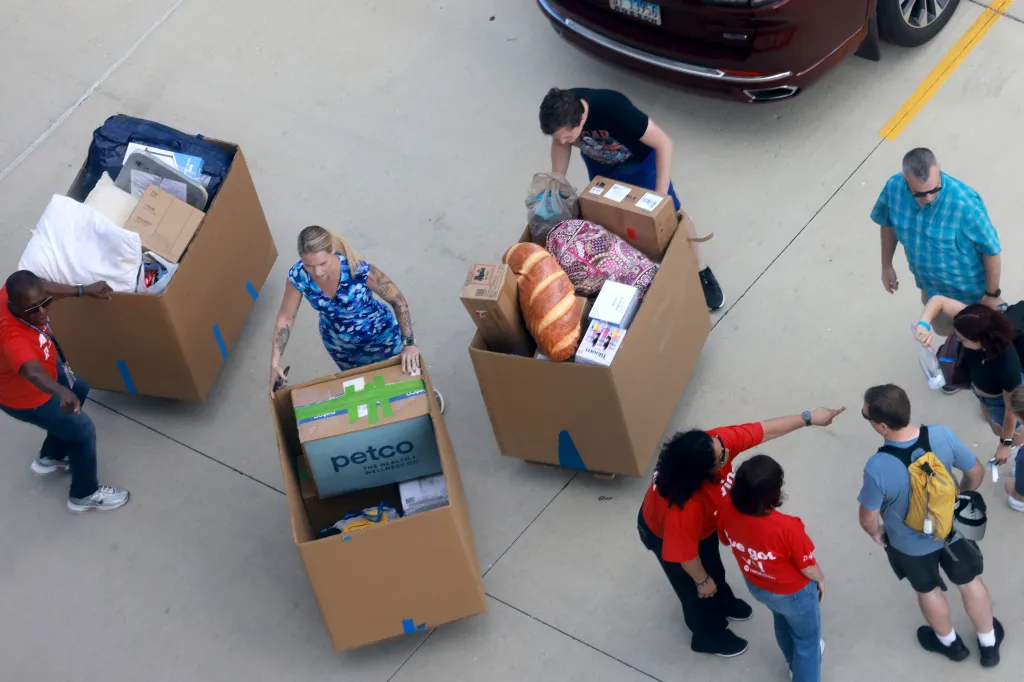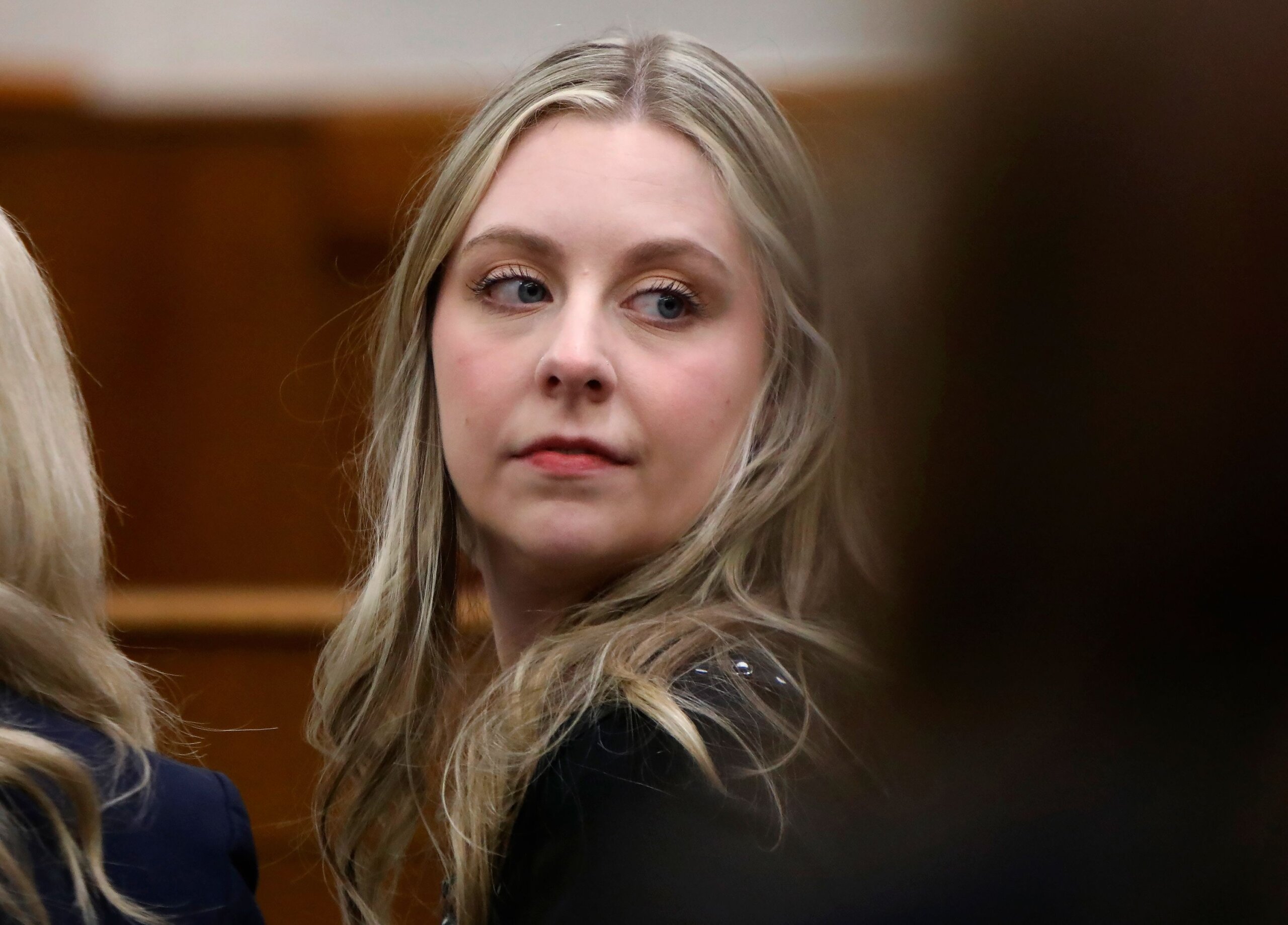Copyright Chicago Tribune

“Good morning, Professor Giamila. I hope you’ve been well! As you can tell I’ve been behind in some of my course work.” I read this email as I sit in my office at the University of Illinois Chicago one bright morning in mid-October. Any college teacher is familiar with this type of email, with students trying to find ways to justify their late submissions. But things are different in Chicago these days. There are agents from U.S. Immigration and Customs Enforcement, Border Patrol and other federal agencies terrorizing and abducting people through clouds of tear gas as neighbors and ad hoc rapid response teams do their best to protect them. Many UIC students, many students in my classes, come from families these agents would consider as their targets just because of how they look. Indeed, the student’s email continues: “A few days ago, my dad was taken away.” By ICE or Border Patrol, the student doesn’t say. But I know in my gut it is one or the other. “Dear Professors, I have recently been activated under Title 10 federal orders, which will require my full-time service and may impact my ability to attend classes.” This email also reaches me on a bright October morning. It’s from a student in the same class as the one whose father was taken away. But this other student is a member of the Illinois National Guard, which has been federalized and called in to protect the agents who are sowing panic in the streets of my city. While a judge’s order blocked their deployment, the moral injury of being called in — not to protect, but to act against one’s neighbors and classmates — is bound to create long-standing harm. I look up these two students in my class roster. The one whose father was abducted, the one who was called in to protect the abductors. Same dark hair, same olive skin, same eagerness in their expression, same excellent grades. These students are enrolled in a large general education class, part of UIC’s Exploring World Cultures section, in which we draw connections between food and culture. Even grading, often the most tedious part of teaching, becomes a joy in this class. I get to read the journals in which students share their stories, their perspectives, their food culture with each other. Students comment on each other’s journals, marveling at the mention of a tradition they had never heard about but also at the commonalities between cultures from opposite sides of the world. Many people in Chicagoland have recent roots outside the United States, as do most of the students in my class, as do many of my colleagues. As do I. (I was born and grew up in Italy.) Teaching this beautiful symphony of students who teach me about cultures I know nothing about, interacting with my amazing colleagues who bring to the table so many different perspectives from their own cultures, makes working at UIC an experience that is hard to replicate in more elite universities. But then, on another day in October, yet another email lands in my inbox. This one is from UIC’s upper administration. “Dear colleagues, as you know, universities nationwide are navigating a rapidly evolving landscape.” With this message, we are told UIC is eliminating the consideration of race, color, national origin, sex and gender from financial aid, hiring, and promotion and tenure decisions. While the students’ messages generate sorrow and anguish, this one enrages me. It feels like a slap in the face to preventively abdicate while pretending to stay true to UIC’s core mission: We are meant to provide access to excellence. The slap is even more enraging as the decision arrives from the top without any prior, open public consultation with the university’s main body of shared governance. The faculty senate was consulted only after the decision had already been made and instructions to implement those unilateral changes had been disseminated. The faculty union was not notified at all and was forced into impact bargaining over changes to working conditions, which was met with what I can only describe as hostility. “No Kings,” we are chanting these days in the streets, but this decision feels like it’s come down from a “Supreme Ruler.” I want to believe there was much handwringing and discussion among members of the university’s upper administration before they reached such a momentous decision. I am willing to try to understand the rationale for doing so at this specific time, when our city is under attack. However, what I cannot accept is the complete lack of transparency and openness about this process. Removing access at a time when our students need more of it. Endangering the excellence of our faculty by stripping off the hard-won tools that would allow us to expand it. Preventively abdicating while people are being abducted. These choices are getting in the way of building the kind of educated, open-minded and diverse society we need, especially now. As my beloved city lives up to the resilience, activism and solidarity it’s known for while it protects its most vulnerable, I find myself asking: Can my beloved university do the same? Can it live up to its mission, not just in words but in action? Giamila Fantuzzi, Ph.D., is a professor and associate department head of kinesiology and nutrition at the University of Illinois Chicago and a public voices fellow with The OpEd Project.



